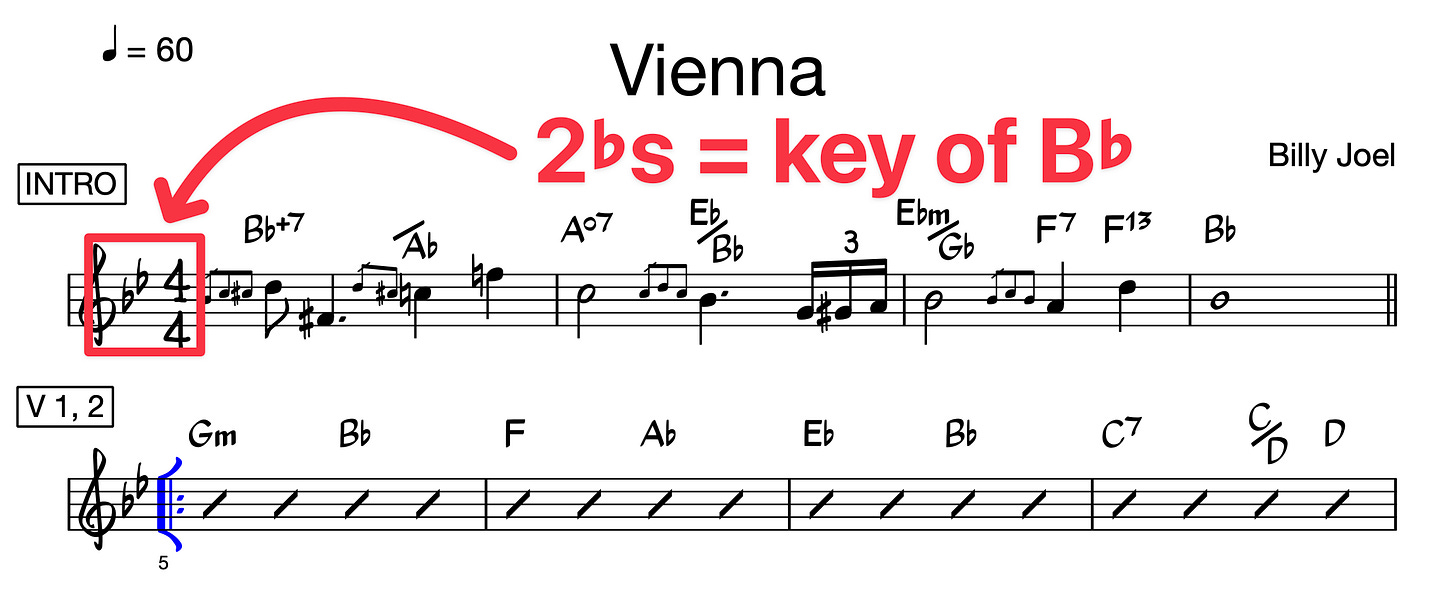RIFFS:
It’s an unfair advantage.
It’s right there, hidden in plain view.
Pros almost always have it.
Amateurs rarely do.
A deadline.
The curtain is coming up.
The bride is walking down the aisle.
The second chorus is over, and it’s time for your solo.
Ready or not, the show must go on.
The day after the wedding ceremony is the country gig.
The next day you've got a rehearsal for the gig you have the day after that.
It’s one damned thing after another.
But it creates a rhythm: learn, ship.
Learn, ship. Learn, ship.
You’re forced to ship it before it’s ready.
There’s not enough time to go as deep as you like.
It’s not just good, it’s good enough.
It’s project-based learning.
And the projects change you.
You’re a different person than you were.
This year’s “good enough” is better than last year’s “good.”
RECS:
I didn’t want to like this book.
And truthfully I’m still on the fence about it.
But I loved the opening chapter about the evolution of Michelangelo’s skills.
Each ambitious project he undertook changed him.
I can relate.
CHARTS:
In 20 years of gigging, no one ever asked for Vienna.
Then in the last year, it probably got requested once a week.
Here is:
SMARTS:
1
The intro is a beast.
Trying to play his exact piano part on guitar is just about impossible.
This arrangement is less traumatic and still sounds magical:
2
The body of the tune is a little more straightforward.
In B♭…
…the chords begin vi - I - V - ♭VII
3
This D chord is “borrowed.”
It’s the V chord of another key.
Looking at our chart, we expect it to resolve to G.

But V chords also resolve to minor chords!
The same qualities that lead our ear to G also lead it to Gm.
That’s all I got this week.
See you next Wednesday,
Josh











